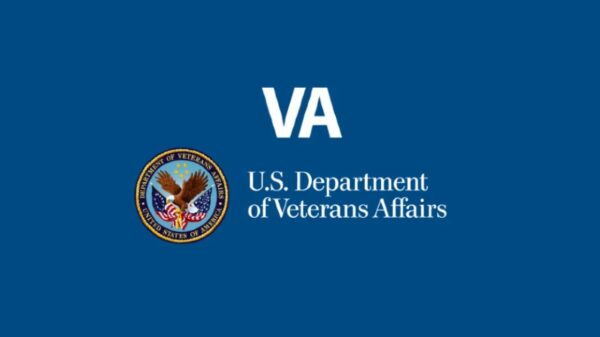Floridians need Congress to act on surprise medical billing, an issue that creates unnecessary financial burdens and emotional distress for patients and their families. As both a doctor and former congressman representing Florida’s Space Coast, I can attest to the fact that this is a persistent problem here and across the country. It’s time for Congress to pass a solution.
As legislators discuss and debate potential answers, however, they must act cautiously to avoid making a bad situation worse. Proposed legislation that would set a government-mandated benchmark to dictate rates paid to physicians performing out-of-network care may prevent patients from receiving surprise bills in the mail, but in the process, this approach could also threaten access, drive up costs, and increase burdens facing vulnerable patients.
Benchmarking is essentially a form of government price controls, something that simply does not work, particularly in health care. This system would establish artificially lower-than-market rates for doctors, transferring huge financial losses onto local hospitals and emergency rooms. This problem becomes especially acute for the facilities serving rural Florida communities, which already face tough financial constraints. These losses could mean increased consolidation rates and an even worse doctor shortage. For patients, that just means paying more for fewer health care options and a lower quality of care.
For that reason, Congress should focus on free-market solutions to end surprise billing—such as the Independent Dispute Resolution (IDR) process that is central to the “STOP Surprise Medical Bills Act,” introduced by U.S. Sen. Bill Cassidy, R-La., IDR would allow insurers and providers to negotiate physicians’ out-of-network payments in good faith through a simple, online process overseen by a neutral mediator. Moreover, the process would ensure providers receive initial payments that, especially for rural hospitals and emergency rooms, would help maintain financial stability and security.
Yet, not all IDR solutions that have been proposed in Congress use the process as effectively as Senator Cassidy’s bill. Separate legislation in the House, for example, makes a feeble attempt at blending IDR with the inherently flawed benchmarking approach. Under the “No Surprises Act” in the House, IDR would only be used when physician claims are over $1,250. In all other cases, benchmarking would still be the de facto means to determine physician payments. Considering more than 99 percent of claims never reach that amount, this is a pretty disingenuous inclusion of the IDR process.
U.S. Sen. Rick Scott, R-Fla., should help lower the burdens placed on Florida patients by supporting the IDR framework laid out in Senator Cassidy’s bill. This is an approach rooted in free-market negotiations that will both protect patients from surprise billing while maintaining vital access to care in Florida’s rural communities and beyond. It must be included in any bill Congress ultimately passes on this issue.
Dr. Dave Weldon is a medical doctor and former Republican member of Congress, representing Florida’s Space Coast from 1995-2009.



















